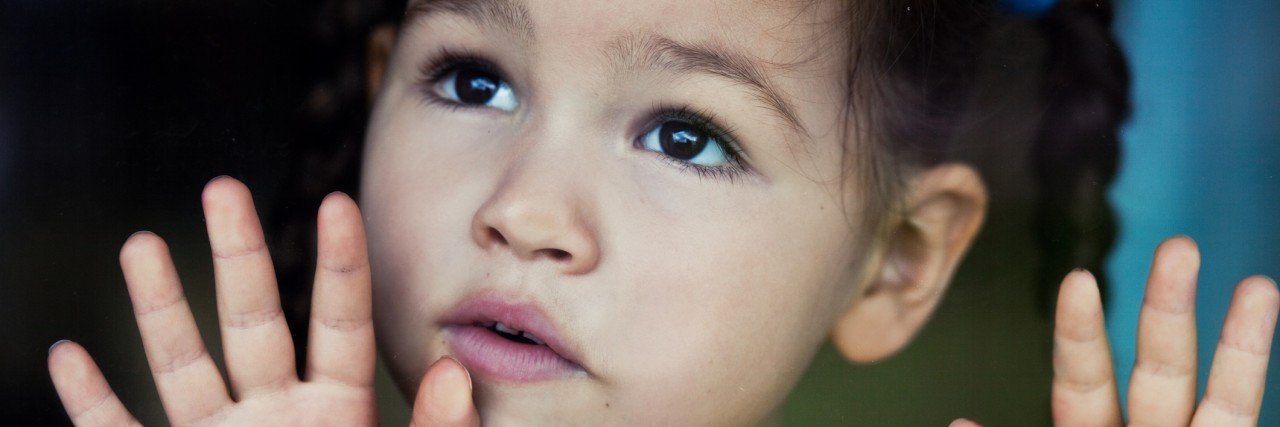Our Current ADHD Narrative Fails Women and Girls With the Condition
I was diagnosed with ADD when I was 7. That’s kind of a miracle, considering the fact that I was a disorganized, easily distracted little girl and not a hyperactive, disruptive little boy. The diagnostic criteria for ADHD were developed based on studies of “hyperactive young white boys,” and those same boys are still the faces of ADHD. Unless you have it or know someone who does, hearing “ADHD” is likely to conjure up images of badly behaving boys in affluent suburban elementary schools. For years, ADHD was a “male” phenomenon. It wasn’t until fairly recently that doctors, psychologists, and others in the mental health community began to acknowledge that women and girls can have it, too. And while think pieces, editorials, and parenting magazines that express concern over the rapid rise in ADHD diagnoses and over-medication of boys are practically ubiquitous, there is another problem lurking under the surface of the ADHD diagnosis question:
Other relevant stories:
• ADHD Eye Contact
• Famous People With ADHD
• How Does ADHD Affect Relationships?
• What is ADHD?
Women and girls are tragically under-diagnosed and living their lives with no help or support.
The problem with the diagnostic criteria – and the reason why so many women and girls with ADHD go undiagnosed – is that ADHD does not look the same in boys and girls. Girls with ADHD tend to be “less hyperactive and impulsive, more disorganized, scattered, forgetful, and introverted.” They struggle less with keeping their bodies still and more with keeping their minds still, less with acting out and more with fitting in. They are overlooked not just because they don’t fit the diagnostic criteria of what ADHD “looks like,” but because their symptoms are seen as less of a problem because, as Rae Jacobson explains on Child Mind Institute, “Politely daydreaming underachievers just don’t attract attention the way hyperactive and impulsive boys do. Staring out the window is nothing when the kid next to you is dancing on the sill.”
Yet our ADHD is just as real, just as valid, and just as deserving of diagnosis and treatment. In schools across the country, smart girls are struggling to keep up with their classmates because they aren’t getting the academic support and accommodations they need for their ADHD. In families from coast to coast, parents are fighting with their daughters over messy rooms and forgotten chores, and not understanding why this is so hard for their girls. At summer camps, field hockey practices, and Girl Scout troop meetings nationwide, young female “space cadets” are being excluded and picked on because they’re not like the other girls.
Even when girls do receive an ADHD diagnosis early on, they are far more likely than boys to blame themselves for their ADHD-related shortcomings. Where boys with ADHD often externalize their frustration, acting out and blaming other people and other factors, girls are more likely to internalize and develop anxiety, depression, eating disorders, and low self-esteem.
On top of all that, we feel the societal pressure to fit the mold of what women and girls should be, when many of those traditionally feminine traits are the same exact things we struggle with because of ADHD. Little girls don’t have ADHD; little girls are neat and polite, and have pretty handwriting. Messiness is a “boy” thing. Women don’t have messy homes; they’re the ones who clean up after messy boys. It’s OK for men to forget things because the women in their lives will remind them. We grew up watching television shows where Type-A moms picked up the slack for bumbling dads, and hard-working women talked about “having it all,” and we learned that that’s just what women do and wondered why we could never seem to do it. We went through life not knowing what was “wrong” with us, just knowing we were somehow wrong.
The truth is that there’s nothing wrong with us; there’s something wrong with the society we live in that places unattainable expectations on women and girls, and then ignores our symptoms and our struggles when we can’t achieve them. Yet because we as women and girls with ADD and ADHD have been so ashamed for so long, we feel the need to hide, to put up a front, to be everything all at once but not let anyone know how much time and effort and crying and misery it took to get there. We’re drowning in a sea of expectations and gasping for air. We’re crumbling under the pressure to be perfect and desperately trying to hide the cracks in our facades of success. And we’re struggling in silence because we live in a world where ADHD is a “boy” thing and women and girls aren’t supposed to mess up.
We can’t go on like this. We need to change our perceptions of ADHD before the next generation of spacey, forgetful, awkward girls grow into depressed, anxious women who blame themselves for things that aren’t their faults.
We want to hear your story. Become a Mighty contributor here.
Image by Volodina

